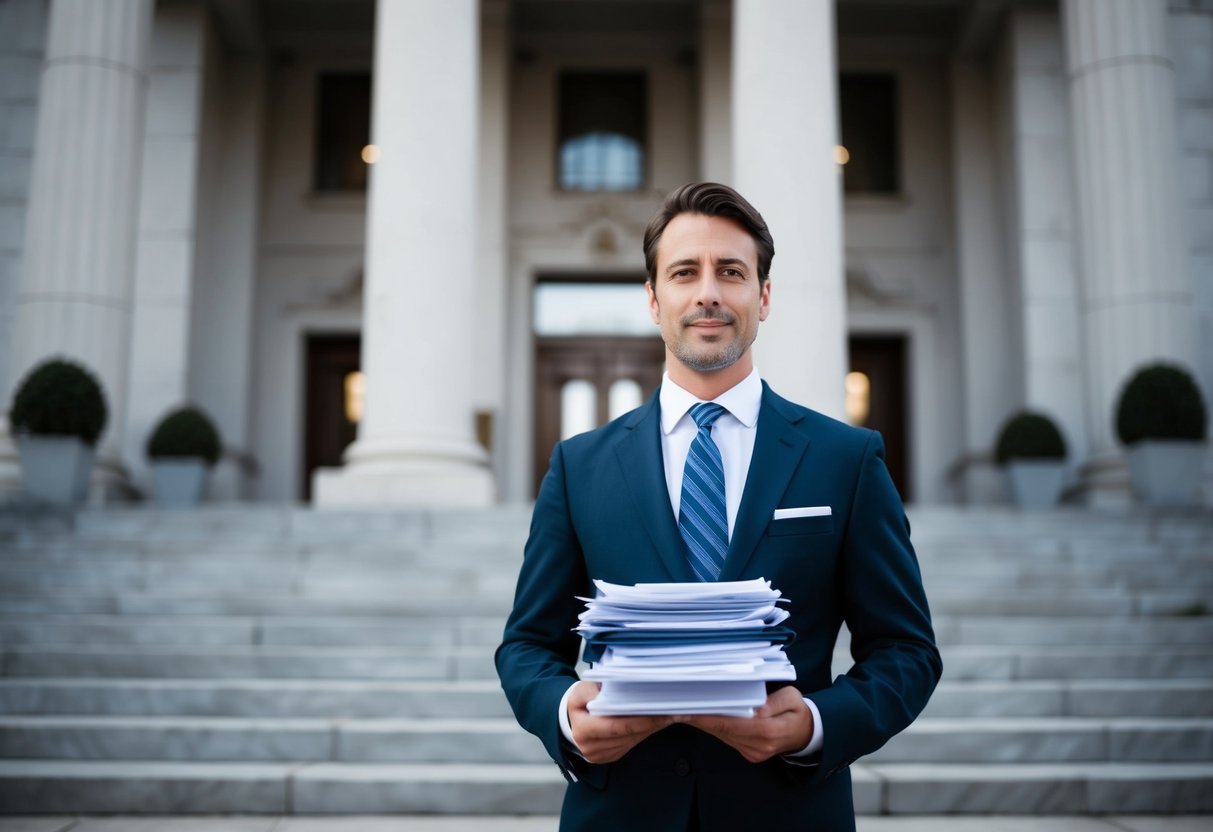Understanding Misdemeanor Charges and Consequences

Misdemeanor charges can lead to various penalties, affecting the accused’s life in many ways. This section explains different degrees of misdemeanors and the potential impact of these charges.
Classification and Varying Degrees of Misdemeanors
Misdemeanors are classified based on severity: Class A, B, and C. Class A involves the most serious misdemeanors, such as assault, and can lead to jail time. Class B includes offenses like theft under a certain amount. Class C covers minor infractions like traffic violations.
Each classification carries different punishments. For example, a Class A misdemeanor may result in up to a year in jail. In comparison, a Class C misdemeanor might only involve a small fine.
Some states have additional classifications such as unclassified misdemeanors. These do not fit neatly into A, B, or C categories and are judged on a case-by-case basis.
Potential Consequences and Long-Term Impact
A misdemeanor charge can have several potential consequences. These can include jail time, fines, and probation. Being convicted of a misdemeanor also leads to a criminal record.
A criminal record impacts employment opportunities. Many companies run background checks, and a misdemeanor can be a red flag. This can also affect obtaining or retaining professional licenses.
Additional long-term impacts include challenges in renting a home and, in some cases, restrictions on voting rights. Misdemeanors, though considered minor offenses compared to felonies, can still have a significant, lasting impact on a person’s life.
The Legal Process and Criminal Lawyer’s Role
They guide defendants through each stage, from arraignment to trial, and help strategize the best defense, including plea deals or trials.
From Arraignment to Trial: Key Stages in the Process
The arraignment is the first court appearance. Here, the charges are read, and the defendant can plead guilty or not guilty. The criminal defense attorney ensures that the defendant understands their rights and the charges against them. Bail can also be discussed at this stage.
Next, there are pre-trial proceedings. These include filing motions, gathering evidence, and interviewing witnesses. The lawyer may file motions to dismiss charges or suppress evidence.
The trial phase involves selecting a jury, presenting evidence, and cross-examining witnesses. The criminal defense lawyer works to create reasonable doubt in the minds of jurors. Throughout, they protect the defendant’s right to a fair trial and maintain the integrity of the legal process.
Strategizing for Defense: Plea Deals and Trials
A criminal defense lawyer often faces the choice between negotiating a plea deal or going to trial. Plea deals involve negotiating with the prosecution to reduce charges or lessen the sentence. This can save time and avoid the unpredictability of a trial.
If the decision is to proceed to trial, the lawyer’s role intensifies. They examine evidence, prepare witnesses, and develop a strong defense strategy. They focus on creating reasonable doubt about the prosecution’s case.
In both scenarios, the primary goal is to protect the defendant’s rights and achieve the most favorable outcome possible.
Protecting Defendants’ Rights
In misdemeanor cases, safeguarding defendants’ rights is critical. This involves understanding constitutional protections and the vital role of experienced legal representation.
Understanding and Exercising Constitutional Rights
Defendants have key constitutional rights under the U.S. Constitution. These include the right to remain silent and the right to a fair trial. The Sixth Amendment ensures the right to an attorney and a speedy trial.
Gideon v. Wainwright established that states must provide public defenders for those who cannot afford one. Public defenders help ensure that all defendants, regardless of economic status, receive fair treatment in court. Knowing and exercising these rights can greatly impact the outcome of a case.
Importance of Skilled Legal Representation
Having a skilled lawyer is essential for building a robust defense strategy. They are well-versed in complex legal procedures and can spot any violations of constitutional rights. A knowledgeable attorney can negotiate plea deals, file motions, and, if necessary, appeal unfavorable decisions.
Public defenders offer crucial representation but may be overburdened with cases. Private attorneys might be able to dedicate more time and resources to their clients. Either way, effective legal representation is key to successfully protecting your rights in a misdemeanor case.




